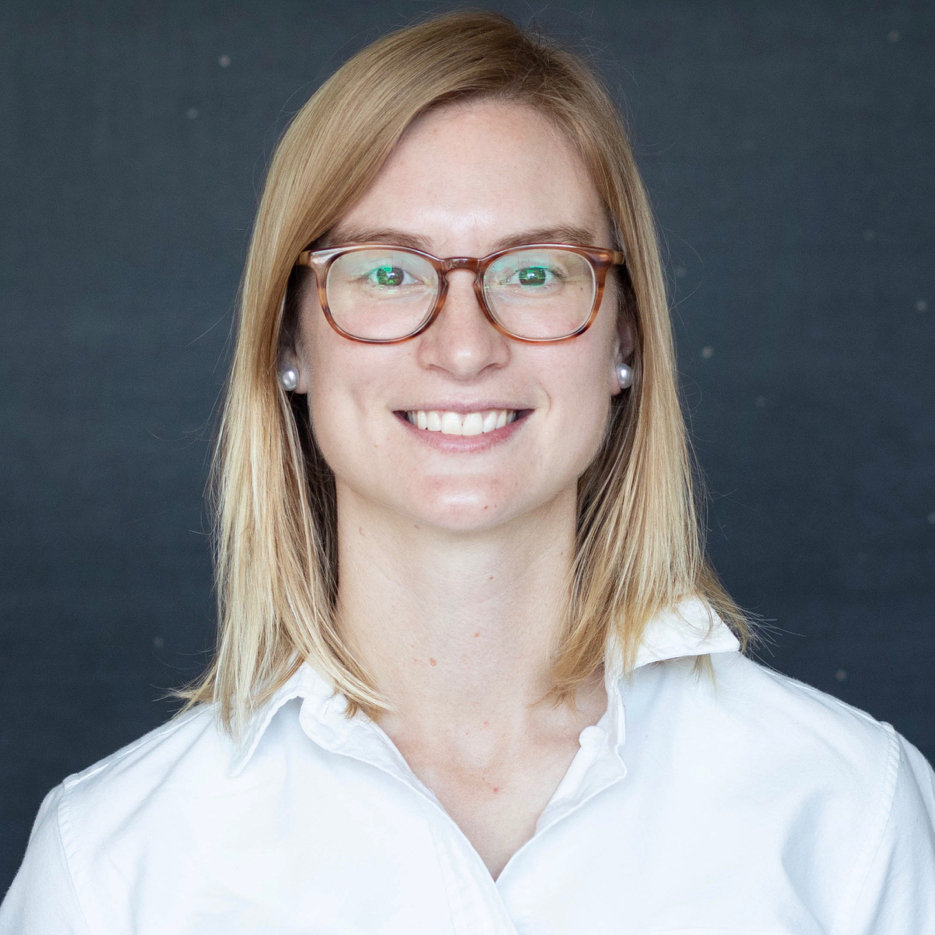
Statistical Sciences ARES: Iain Mathieson
Join us at the Statistical Sciences Applied Research and Education Seminar (ARES) with
Iain Mathieson
Associate Professor of Genetics
Department of Genetics
Perelman School of Medicine
University of Pennsylvania
Free Hybrid (In-person/Online) Event | Registration Required
Talk Title
Using ancient DNA to learn about human health and evolution
Abstract
Detecting and understanding patterns of natural selection is one of the major goals of human evolutionary genomics. Historically, the most powerful approaches have been based on statistical analysis of patterns of genetic variation in present day genomes. These approaches can detect selection over long but somewhat uncertain timescales. More recently, ancient DNA has enabled a direct approach based on measurements of changes in allele frequency over time. This allows precise estimates of the timing and nature of natural selection. We develop an efficient hidden Markov Model based approach and use it to study adaptation in Britain over the past 4500 years. We identify the strongest individual signals of selection and show that are all plausibly related to vitamin D or calcium metabolism. We also integrate information from genome-wide association (GWAS) and expression quantitative trait loci (eQTL) studies to identify natural selection on individual traits and genes.
We go on to detect very recent natural selection (in the past 50 years) by studying genetic variants associated with fertility in living populations. Performing a genome-wide association scan in 785,000 individuals, we find 43 independent variants with evidence of recent selection. Furthermore, integration with genome-wide selection scans identifies an allele at FADS1 that has been under selection for thousands of years and remains under selection today. The most significant association with NEB is at CADM2–a gene associated with risk-taking behavior with evidence of long-term balancing selection. However, most variants that experienced historical selection, including those associated with lactase persistence and skin pigmentation, show no evidence of ongoing selection, illustrating the importance of environment in the dynamic landscape of recent human evolution.
Finally, using both genetic data and skeletal measurements, we investigate the evolution of human stature in Europe over the last 10,000 years. We show that long-term changes in stature are largely explained by genetic factors but identify several epochs where changes in stature were driven by genetics. We show that at least in some cases, changes in sexual dimorphism are explained by neither genetics nor environment and likely reflect cultural differences in male preference in resource allocation. Our analysis indicates that biological effects of sex-specific inequities can be linked to cultural influences at least as early as 7000 years before present.
In summary, our results demonstrate how combining genomic, anthropological and biological data can illuminate the evolutionary basis of variation among human populations today.
Speaker Profile
Dr. Iain Mathieson is an Associate Professor in the Department of Genetics at the University of Pennsylvania. He obtained BA in mathematics and an MPhil in statistics from the University of Cambridge, worked in quantitative finance, and then obtained his PhD in Genomic Medicine and Statistics from the University of Oxford. He joined Penn in 2017 after a postdoc working on ancient DNA at Harvard Medical School. His research focuses on understanding recent human evolution and its effect on health and disease among humans today. He uses a combination of statistical and population genetic models of evolution to analyze genetic, environmental and phenotypic data from ancient and living humans. Recent work has focused on the evolution of skin pigmentation, the genetic basis of fertility and the genetic, environmental and cultural determinants of stature.
The event is finished.
Local Time
- Timezone: America/New_York
- Date: Oct 02 2023
- Time: 3:30 pm - 4:30 pm

Location
Labels


